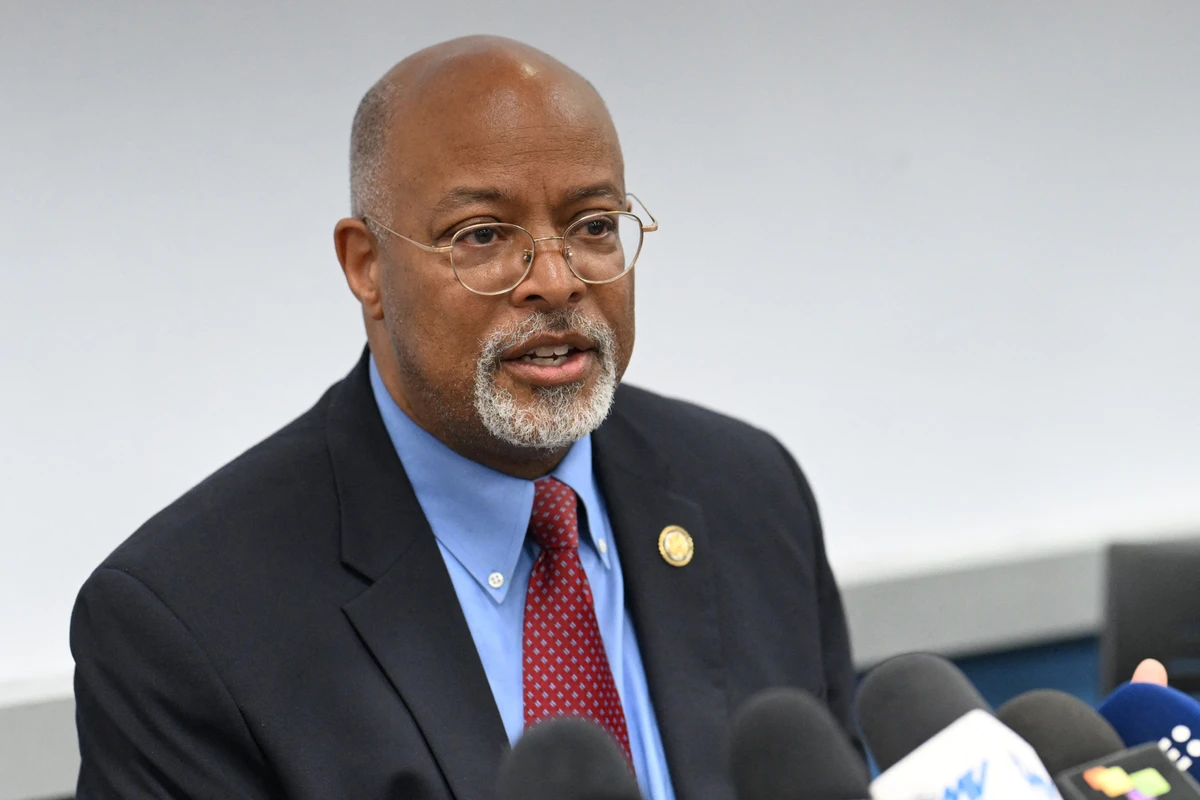Maryland Congressman Denied Access to Wrongfully Deported Constituent in El Salvador
In a deepening international controversy, Maryland Congressman Glenn Ivey was denied access to meet with Kilmar Abrego Garcia—a Maryland resident wrongfully deported to El Salvador and currently imprisoned in a high-security facility known for detaining gang members. The denial comes amid escalating tensions between the U.S. and Salvadoran governments over Abrego Garcia’s detention and the Trump administration’s handling of his deportation.

A Case of Mistaken Deportation
Abrego Garcia, 29, fled El Salvador at age 16 to escape gang violence and was granted protection to remain in the U.S. in 2019 after testifying about threats from the Barrio 18 gang. Despite this, he was deported in March 2025 due to what U.S. Immigration and Customs Enforcement (ICE) admitted was an “administrative error.” The deportation occurred despite a court order prohibiting his removal.
Upon arrival in El Salvador, Abrego Garcia was incarcerated in the Centro de Confinamiento del Terrorismo (CECOT), a facility notorious for housing gang members. His lawyers and family have expressed grave concerns about his well-being, citing lack of communication and reports of isolation.
Congressional Efforts Thwarted
Congressman Ivey’s attempt to visit Abrego Garcia follows a similar effort by Senator Chris Van Hollen, who was also denied access to the prison in April. Despite formal requests, Salvadoran authorities have consistently refused to grant U.S. officials permission to meet with Abrego Garcia, citing bureaucratic hurdles and security concerns.
Senator Van Hollen did eventually meet with Abrego Garcia under tightly controlled conditions, but the Salvadoran government has continued to resist calls for his release or repatriation. President Nayib Bukele has stated that he lacks the authority to return Abrego Garcia to the U.S., despite a U.S. Supreme Court ruling directing the administration to facilitate his return.
Political and Legal Implications
The Trump administration maintains that Abrego Garcia is affiliated with the MS-13 gang, a claim his attorneys vehemently deny. They argue that the administration has provided no credible evidence to support these allegations and that Abrego Garcia has no criminal record.
The case has sparked significant political debate in the U.S., with Democrats accusing the administration of violating due process and international human rights norms. The administration, in turn, has invoked state secrets privileges to withhold information related to the case, further complicating legal proceedings.
Ongoing Advocacy and Uncertain Future
Advocacy groups and lawmakers continue to press for Abrego Garcia’s release and return to the U.S. His wife, Jennifer Vasquez Sura, has been vocal in her appeals, emphasizing the emotional toll on their family and the injustice of his detention.
As legal battles persist and diplomatic tensions rise, Abrego Garcia remains in prison, his fate uncertain. The case underscores the complexities of immigration enforcement and the potential human cost of administrative errors.


Comments are closed, but trackbacks and pingbacks are open.